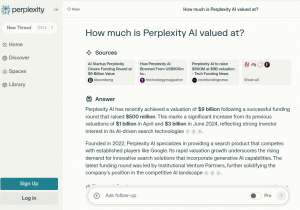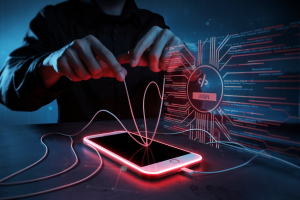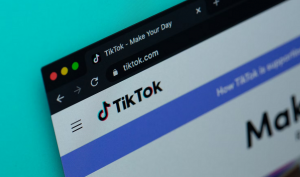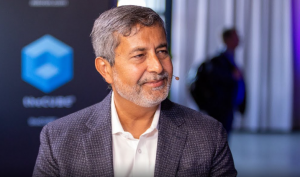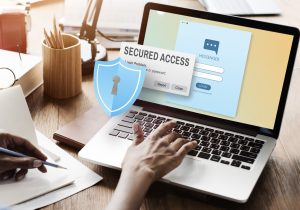Google Dresses Up DNS Lookups with Enhanced Security Features
![]() When we talk about DNS lookup, security becomes a common concern. Having considered the same, Google has fully implemented a security feature that ensures a person looking up a website isn’t accidentally directed to a fake one.
When we talk about DNS lookup, security becomes a common concern. Having considered the same, Google has fully implemented a security feature that ensures a person looking up a website isn’t accidentally directed to a fake one.
Launched in 2009, Google’s Public DNS is a free DNS lookup service that helps translate a domain name, into an IP address that can be called into a browser. Due to increased problem of “cache poisoning” attacks, DNS systems can be tampered with by hackers, which leads to directing users to a different website, usually malicious.
To cope with the problem, ISPs and other network operators have been slowly implementing DNS Security Extensions (DNSSEC). This involves using a public key cryptography to digitally “sign” the DNS records for websites. But a lot of effort requires to be done to ensure that all sites are digitally signed. The sites which are not signed usually become a victim of cache poisoning.
With this update, Google is now checking the digital signatures on DNSSEC-formatted messages, an important step in ensuring correct DNS queries.
“Previously, we accepted and forwarded DNSSEC-formatted messages but did not perform validation,” wrote Yunhong Gu, team lead for Google Public DNS. “With this new security feature, we can better protect people from DNS-based attacks and make DNS more secure overall by identifying and rejecting invalid responses from DNSSEC-protected domains.”
As of now, Google’s Public DNS answers more than 130 billion queries from more than 70 million IP addresses per day. Out of this, only 7 percent of queries request DNSSEC information.
A message from John Furrier, co-founder of SiliconANGLE:
Your vote of support is important to us and it helps us keep the content FREE.
One click below supports our mission to provide free, deep, and relevant content.
Join our community on YouTube
Join the community that includes more than 15,000 #CubeAlumni experts, including Amazon.com CEO Andy Jassy, Dell Technologies founder and CEO Michael Dell, Intel CEO Pat Gelsinger, and many more luminaries and experts.
THANK YOU







